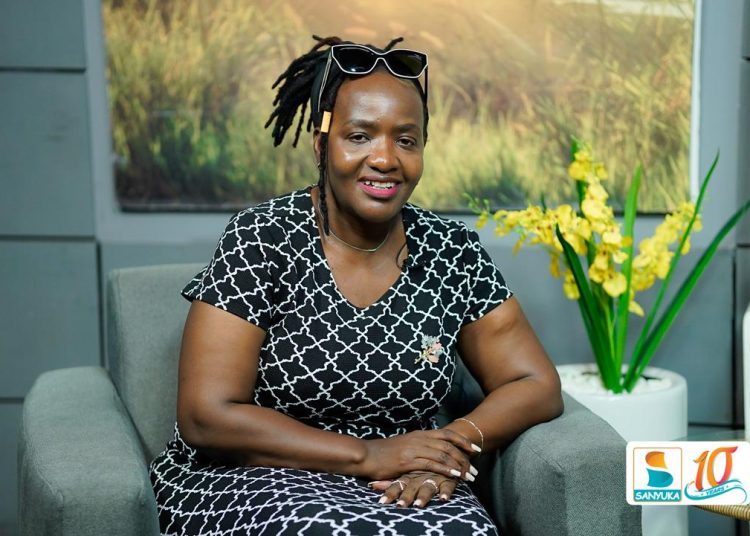By Daniel Muwonge
Former Kampala Woman MP Hon. Nabilah Naggayi has sounded the alarm over the growing disappearance of public recreation grounds in Uganda, warning that unchecked sales and privatization of such spaces risk destroying the country’s sporting future and robbing youth of opportunity.
While speaking generally about Uganda’s sports landscape, Naggayi expressed concern about what she called the “silent erosion” of public recreational spaces.
Though not commenting on a specific case, her remarks align closely with recent developments in Kampala, where communities like Nsambya and Kigo have lost century-old grounds to private developers without consultation or compensation.
“Selling off our recreation grounds is like selling the dreams of our youth,” Naggayi said. “These spaces are not just patches of land. They’re where talent is born, where identity is shaped, and where communities come together.”
Naggayi called on government to urgently halt the transfer of public recreation grounds to private hands and institute strong legal protections. She proposed a Sports Infrastructure Protection Act that would require any sale of public sports land to be debated and approved by Parliament.
“Too many of these grounds were built or maintained by communities and public funds,” she said. “They must remain in the hands of the people. We need laws that stop backdoor deals and land grabs.”
The broader trend shows a rapid decline in Kampala’s public open spaces. According to a 2019 KCCA report, the number of public parks had dropped to just 10.
Many communities now rely on private lots and futsal turfs, which charge usage fees that most youth cannot afford.
Naggayi said this shift toward commercialized recreation is dangerous and exclusionary.
“These new private facilities might be good for business, but they shut out the very youth who need them most,” she said. “Sports shouldn’t be a luxury for those who can pay. They should be free, safe, and accessible to every child, in every parish.”
She urged district leaders and local councils to integrate sports funding into their budgets and action plans. Beyond infrastructure, she emphasized the need to revive school competitions, equip community clubs, and involve parents and local leaders in sports development.
“Let’s be honest — sports are more than games,” Naggayi said. “They are paths to education, discipline, income, and national pride. If we continue losing grounds like this, we’re not just losing land — we’re losing futures.”





























